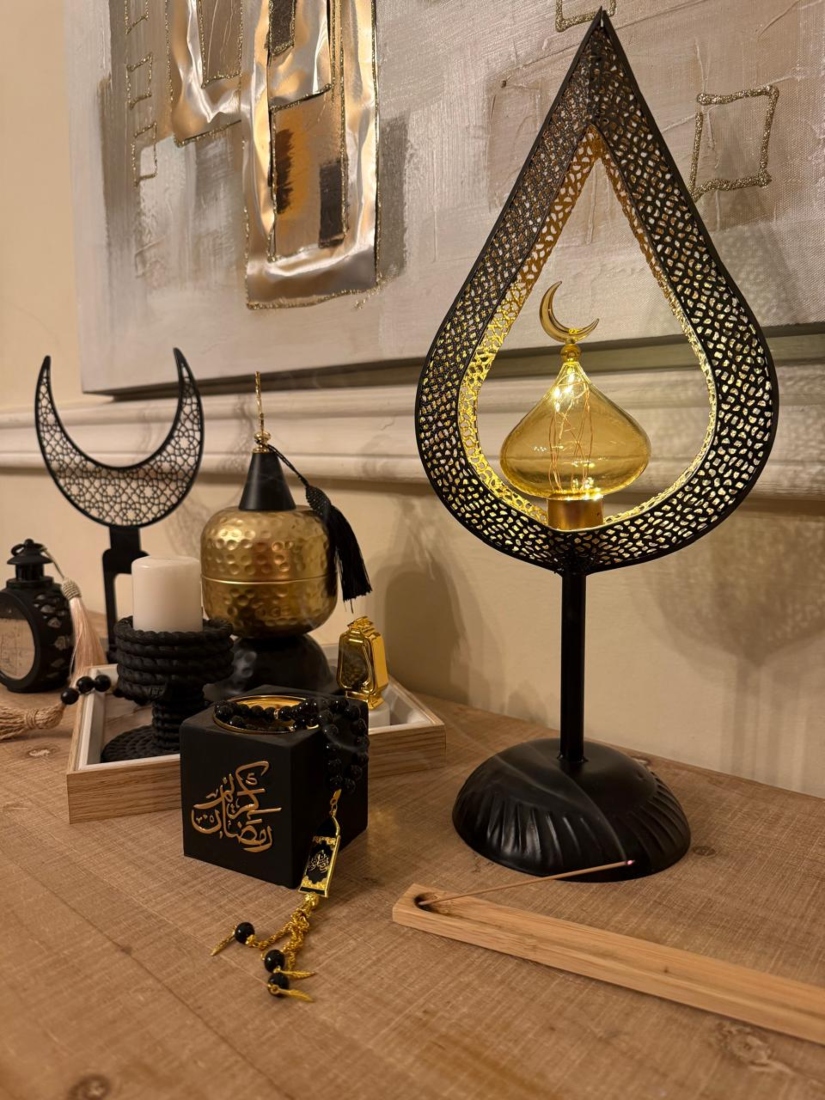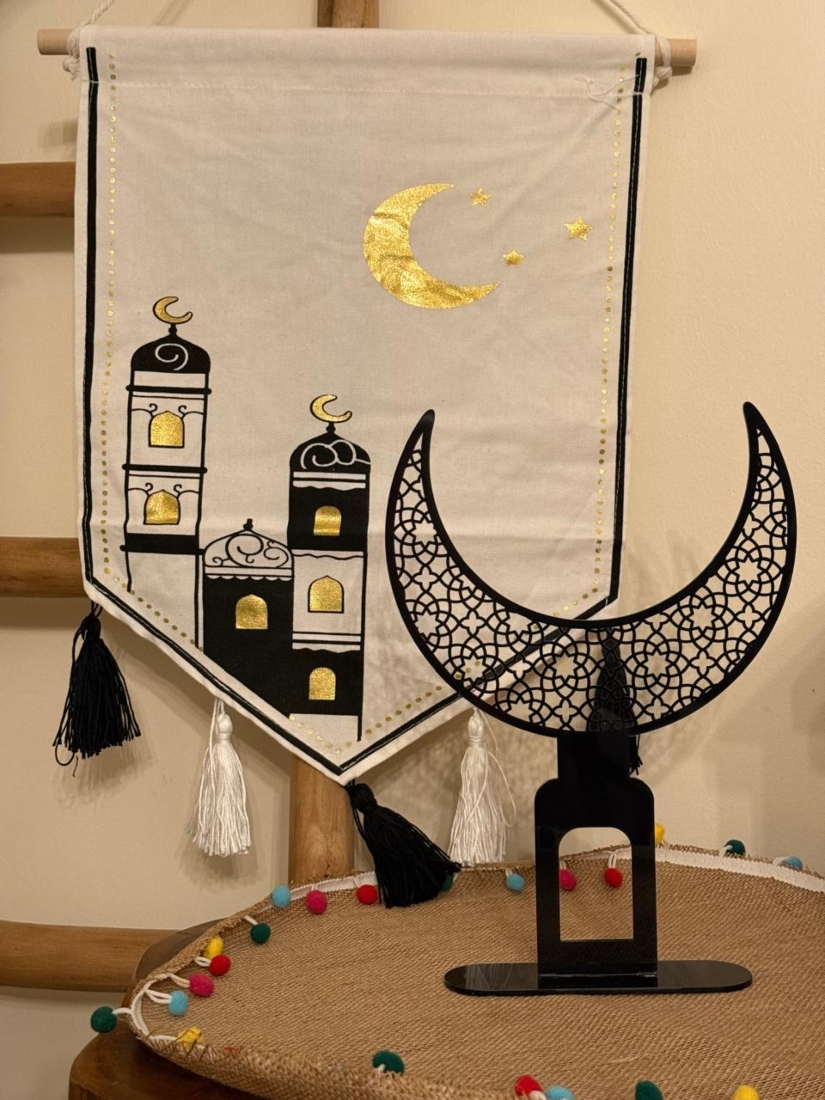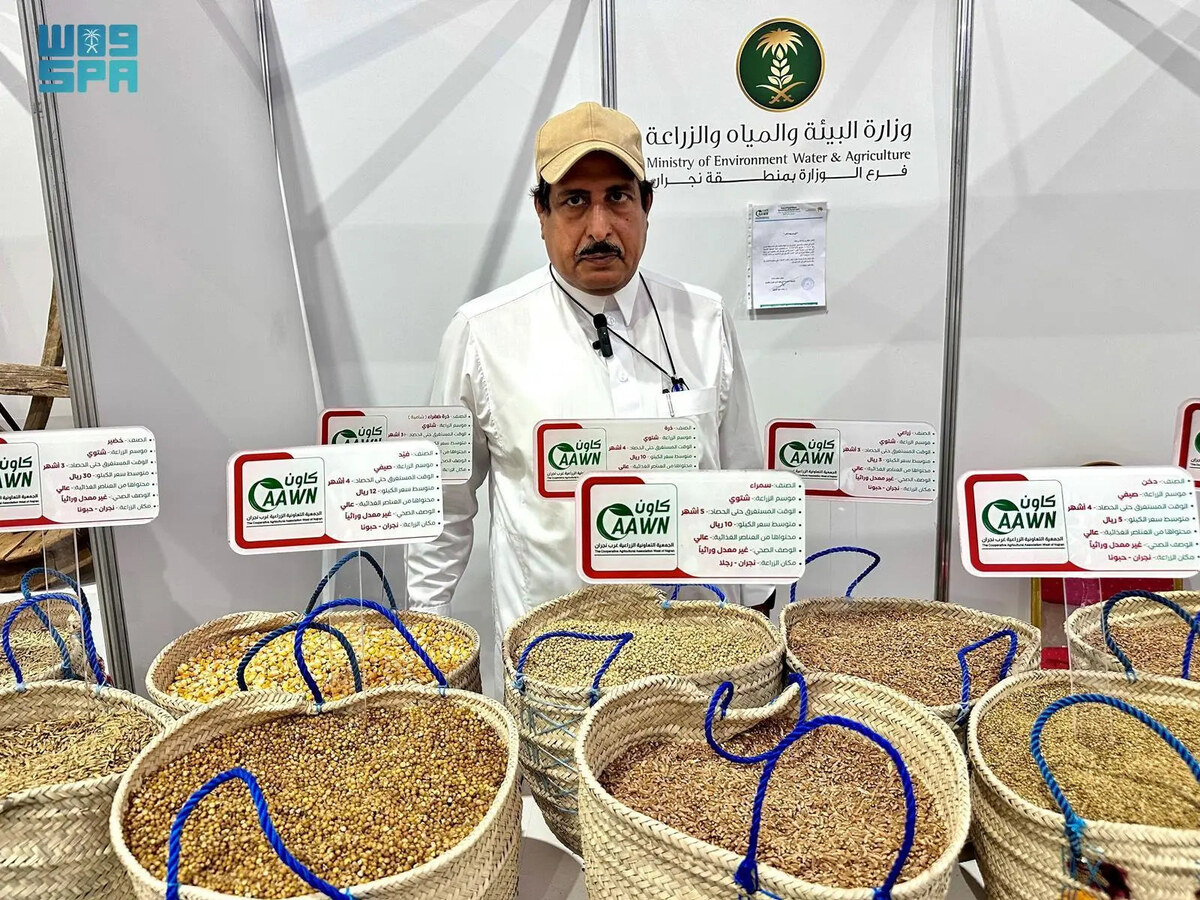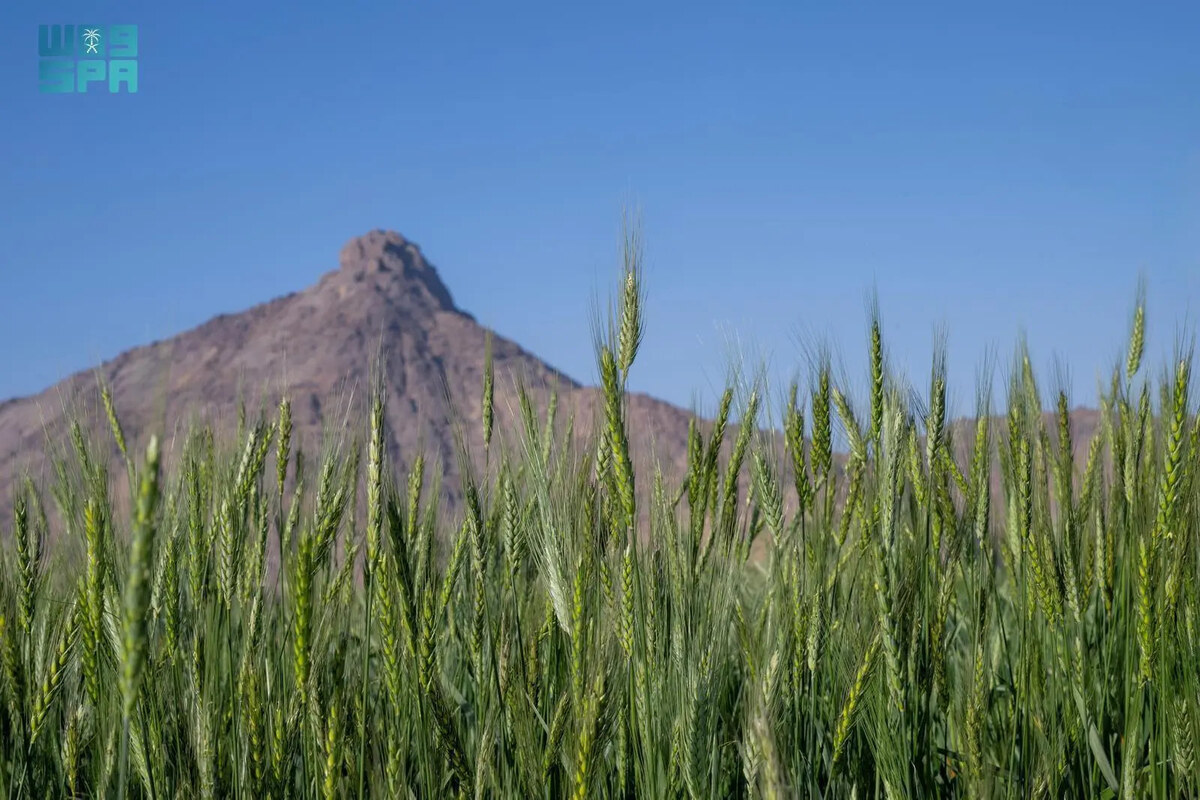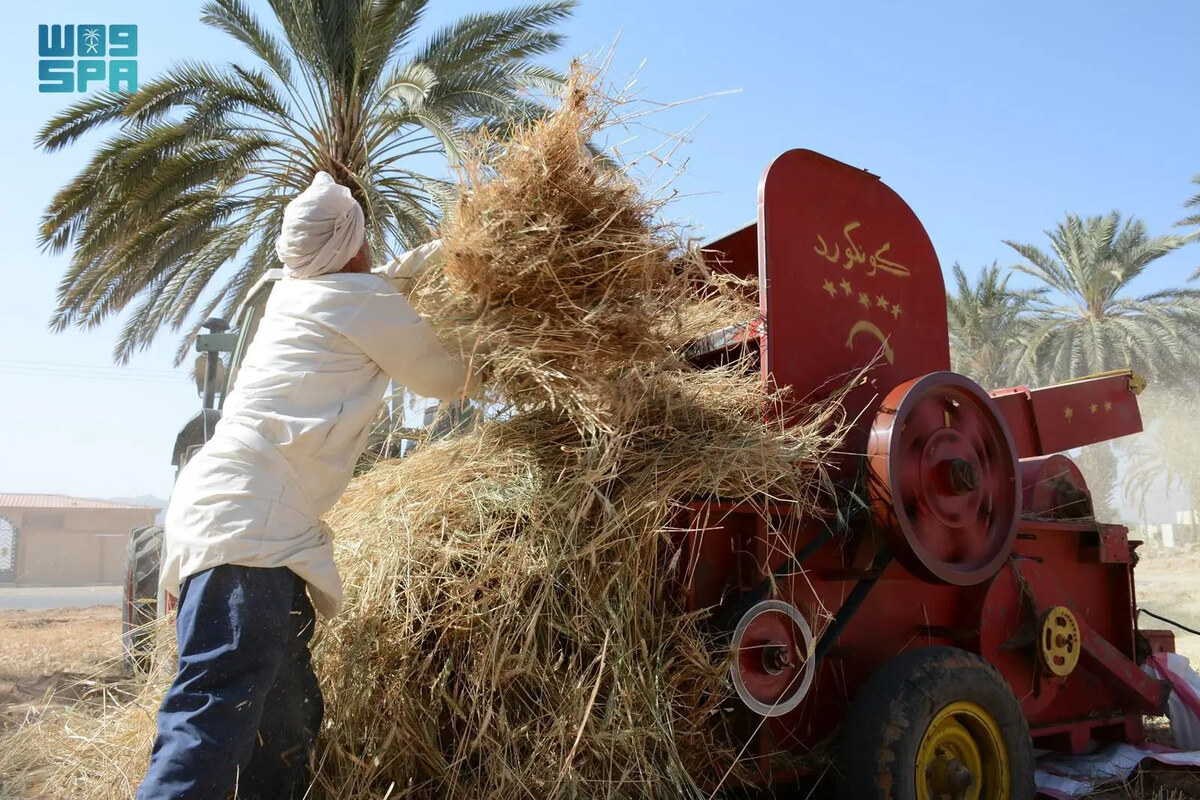Jeddah: Hotels in Makkah and Madinah are being adorned with decorations as they prepare to welcome millions of pilgrims, offering guests the chance to experience Saudi culture firsthand during Ramadan.
Mohammed Haris, from India, who makes it a point to spend Ramadan every year in Makkah and Madinah, said: “Ramadan in Saudi Arabia is truly unique. The atmosphere and spirit here are unlike anywhere else in the world.
“I always choose to stay in hotels that are close to the holy sites, and over the years I’ve witnessed the improvements (in them).
“Hotels are continuously striving to make guests feel at home, allowing them to focus on their prayers and spirituality.”
Elaf Al Taqwa Hotel’s location in Madinah, near the Prophet’s Mosque, offers easy access to prayer.
The hotel has introduced a range of special services for Ramadan, including dua recitations played throughout the premises, daily azan calls, and a carefully curated menu for iftar and sahoor featuring traditional Saudi and international cuisine.
Hussain Rauff, the general manager of the hotel, said: “Our goal is to create a spiritually uplifting environment in which guests feel at home while experiencing the essence of Ramadan in the heart of Madinah.
“We have also introduced exclusive Ramadan offerings, such as a Ramadan bazaar, where pilgrims can purchase Islamic books, prayer mats, dates, perfumes, handcrafted souvenirs and other local products, allowing them to take a meaningful piece of their journey home.
“A traditional seating area has also been set up, offering a space for reflection and connection over Saudi coffee and local delicacies like balilah and chai adani after Taraweeh prayers.”
In addition, Rauff added: “To ensure a balanced routine, we’ve kept our gym open throughout Ramadan, allowing guests to maintain their well-being while observing the spiritual practices of the month.”
The hotel also offers tours on the history of Madinah, including visits to Quba Mosque.
The Elaf group of hotels in Makkah, close to the Grand Mosque, is preparing to welcome an influx of guests during the holy month.
Hassan Khaleel, operation regional director for the Makkah region, said the hotels’ “goal is to provide an enriching stay and allow pilgrims to focus on their spiritual journey.”
The Address Jabal Omar Makkah has recently opened a walkway directly leading to the Grand Mosque.
The hotel’s interiors celebrate Saudi culture and heritage, with a large iftar buffet and a Ramadan tent with traditional Saudi coffee, dates and holy Zamzam water.
Frontel Al Harithia Hotel in Madinah focuses on sahoor, which is especially important during Ramadan fasting.
For those seeking a deeper connection to the historic and spiritual significance of Ramadan, Ahmed Zahrani has partnered with several hotels in Makkah to offer tours that explore sacred sites in the region. Iconic locations such as Jabal Al-Rahmah, Namira Mosque, Zubayda Spring, and Muzdalifah can be visited.
Zahrani said that the tours offered “insight into the sacred landmarks of Islamic history.”
Zeyad Labban, the managing director of Maad International Hajj and Umrah Services Company, spoke about how the business is “committed to enhancing the comfort of pilgrims and visitors by providing all necessary services,” including accommodation, transport, dining, and historic tours.
Hotels in the holy cities are working to provide an environment in which pilgrims can focus on their faith and make the most of their time, with a warm welcome and respectful hospitality throughout the month.










